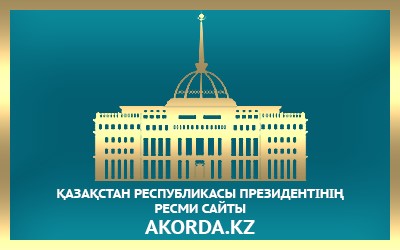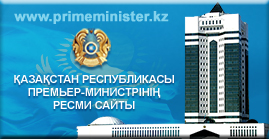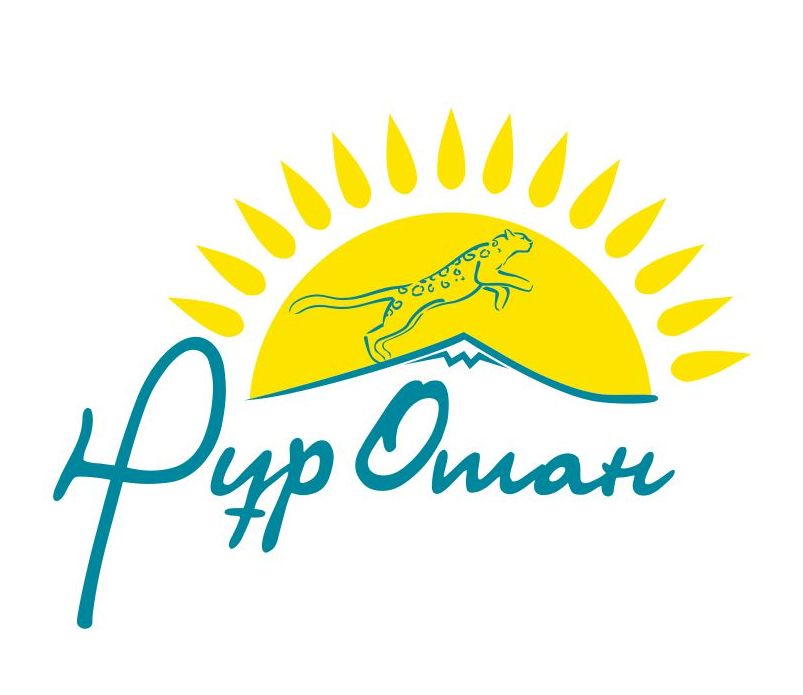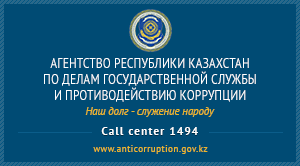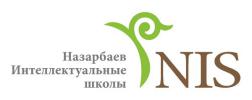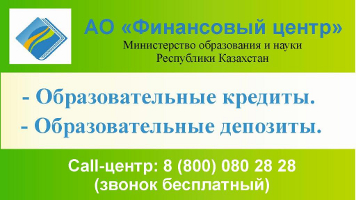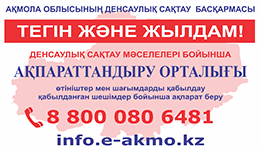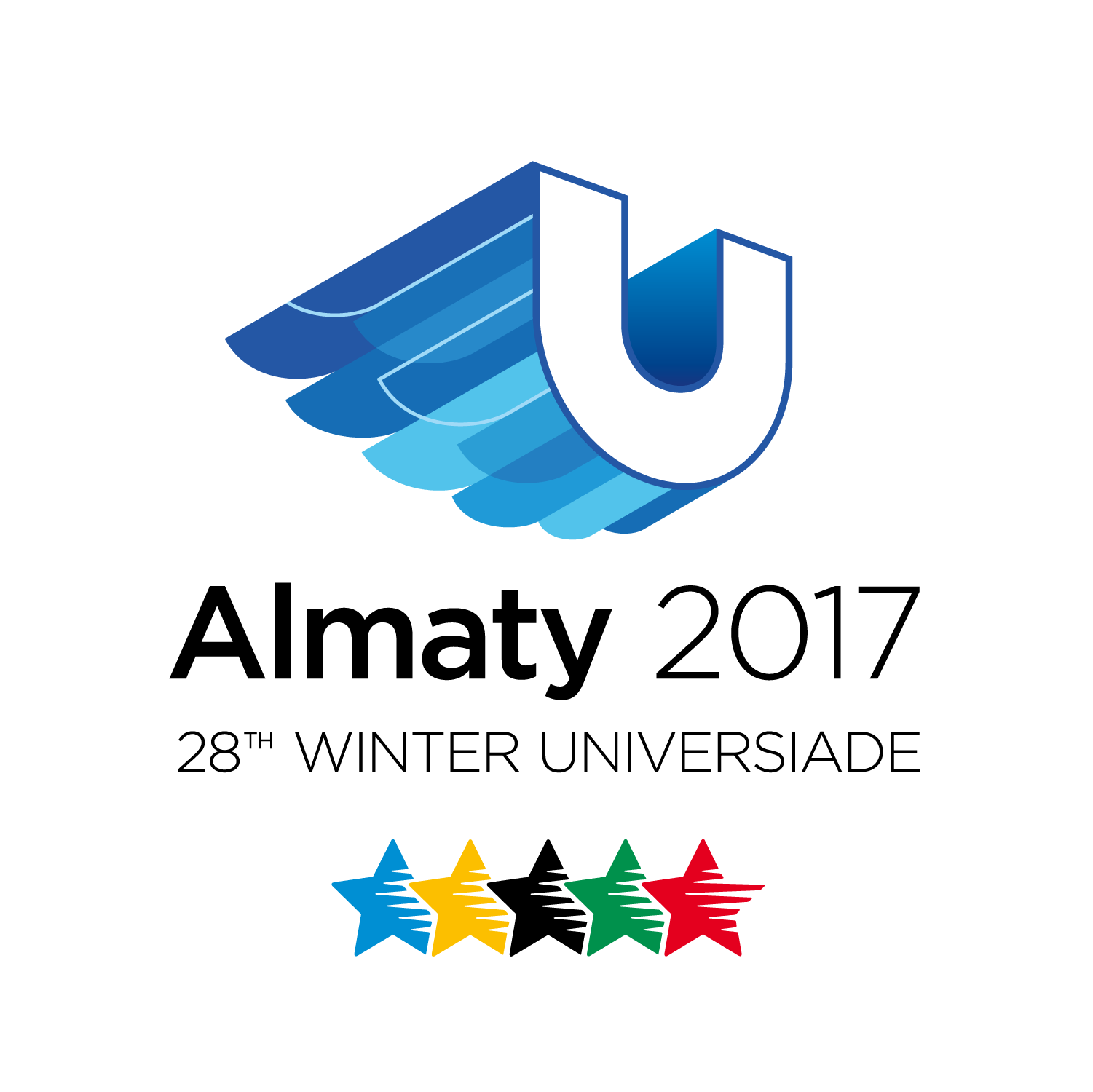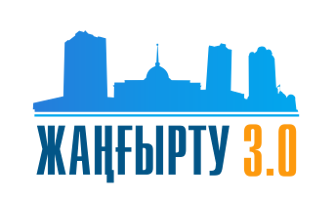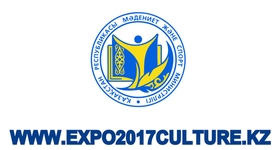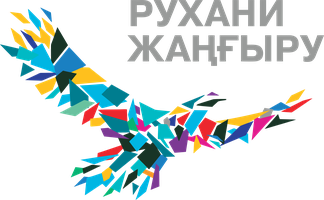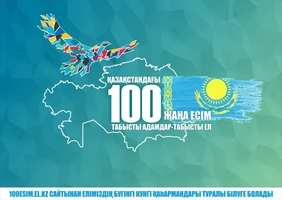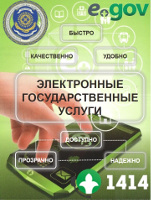
Ағылшын тілі мұғалімі Ахметов Дархан Кайроллаевичтің "Trinity of languages is the key to professional success" эссе
The ideology of the language development of Kazakhstan. It was first launched at the 12th session of the Assembly of People of Kazakhstan in October 2006. In the Message of February 28, 2007, “New Kazakhstan in the New World” was instructed to start implementing the special program “Trinity of Languages”. This instruction is contained in the 26th direction of this Message: The spiritual development of the peoples of Kazakhstan and the triune language policy.
“I propose to start a phased implementation of the cultural project “Trinity of Languages”. Kazakhstan should be perceived throughout the world as a highly educated country, whose population uses three languages. These are: the Kazakh language is the state language, Russian is the language of international communication and English is the language of successful integration into the global economy. ”
This concept of the President has a rich philosophy. It should be understood as the fact that we need to know English and Russian, but our main sign of identification should be the Kazakh language. At the congress of the party Nur Otan on October 18, 2013, the President of Kazakhstan said that in the regions with the dominant Kazakh-speaking population, it is necessary to switch to paperwork in the state language. In regions where the Kazakh-speaking population is not so pronounced, it is advisable to work in two languages - state and official.
In other words, it is good to know English, Turkish, French, but the state language should become an obligatory requirement for a citizen of the country. Here we need to take into account the world experience of reviving weakened national languages - Turkey, Israel (Hebrew), Ukraine, as well as successful modernization of national languages - Malay, etc. How did they revive their languages, what technologies and approaches were used? For example, Hebrew is a language that died two thousand years ago, but was revived in modern times.
The Kazakh language has the danger of falling into the trap of the so-called phenomenon of “Icelandization”, when words or phrases that are widely used in the world begin to be translated into ethnic language. At the same time, Singapore’s experience should take into account the possibility of some transitional versions of the language, as it was at the beginning of this country's independence (not English, that is, English, and Singaporean - Singaporean, a mixture of unclean English with many local dialects) .
Turkey went the way of the transition to the Latin alphabet. The main factors for the translation into the Latin alphabet can be considered: - The goal of rapprochement with Western civilization; - the complexity of the Ottoman alphabet and the discrepancy with the grammar of the Turkish language. The “Committee of the Language”, founded by K. Ata-Türk, for the five-month period created the modern form of the Turkish alphabet. On November 1, 1928, the Turkish alphabet of 29 letters was adopted. It was the Turkish experience that became the starting point when deciding on the transition to Latin in Azerbaijan and Uzbekistan.
One should move away from a narrow understanding of the development tasks of the Kazakh language. This is not a policy tool. This is a means of survival of the Kazakh people at the present stage, preserving and strengthening identity, in general, subjectivity in the international field. Mastering the Kazakh language can occur only through awareness, deep wiring through public consciousness of the essence of the Kazakh mentality, the importance of the collective movement on the path of development, mastering the components of history, modern life and motivations of the Kazakh people.
The policy of the trinity unity of languages is based on the requirement for citizens of the country to know the Kazakh language. As Nursultan Nazarbayev, the leader of the nation, has repeatedly noted, the knowledge of the state language is the duty and moral duty of every Kazakhstani person. Already today, - the head of state notes, - in the country more than 60% of schoolchildren are studying in the state language, in all schools its study has been introduced. This means that if the child went to school this year, then in ten or twelve years we will get a new generation of Kazakhstanis who all speak Kazakh perfectly.
As a result, the main task of the State Program for the Development of Languages in the Republic of Kazakhstan until 2020 will be accomplished - mastering by this year 95% of Kazakhstanis in the Kazakh language.
Particular importance in the language policy of Kazakhstan is attached to the Russian language, which is one of the world languages and is widely used in the modern world. The third element is English, which occupies a dominant position in the modern world.
The English language opens for Kazakhstan people a window to the world, a window to globalization. Kazakhstan is increasingly involved in international processes and contacts. Today in society, no one needs to be convinced that knowledge of the English language is the most important resource for a person’s professional growth.



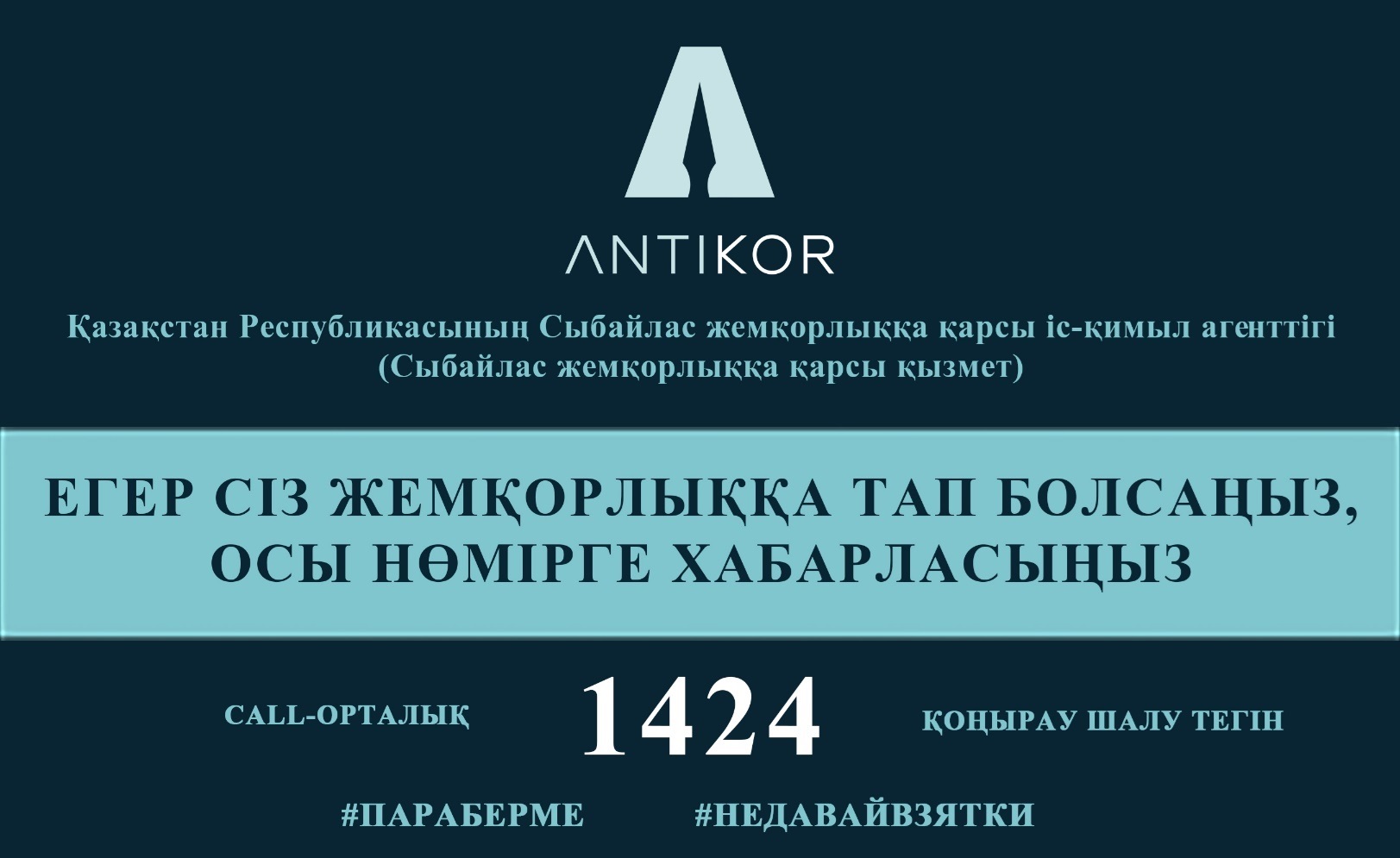
 Мектепке дейінгі балалар ұйымына жолдама қалай алуға болады
Мектепке дейінгі балалар ұйымына жолдама қалай алуға болады
 Мектепке тіркеу үшін құжаттарды қабылдау
Мектепке тіркеу үшін құжаттарды қабылдау

 Жад сағаты
Жад сағаты
